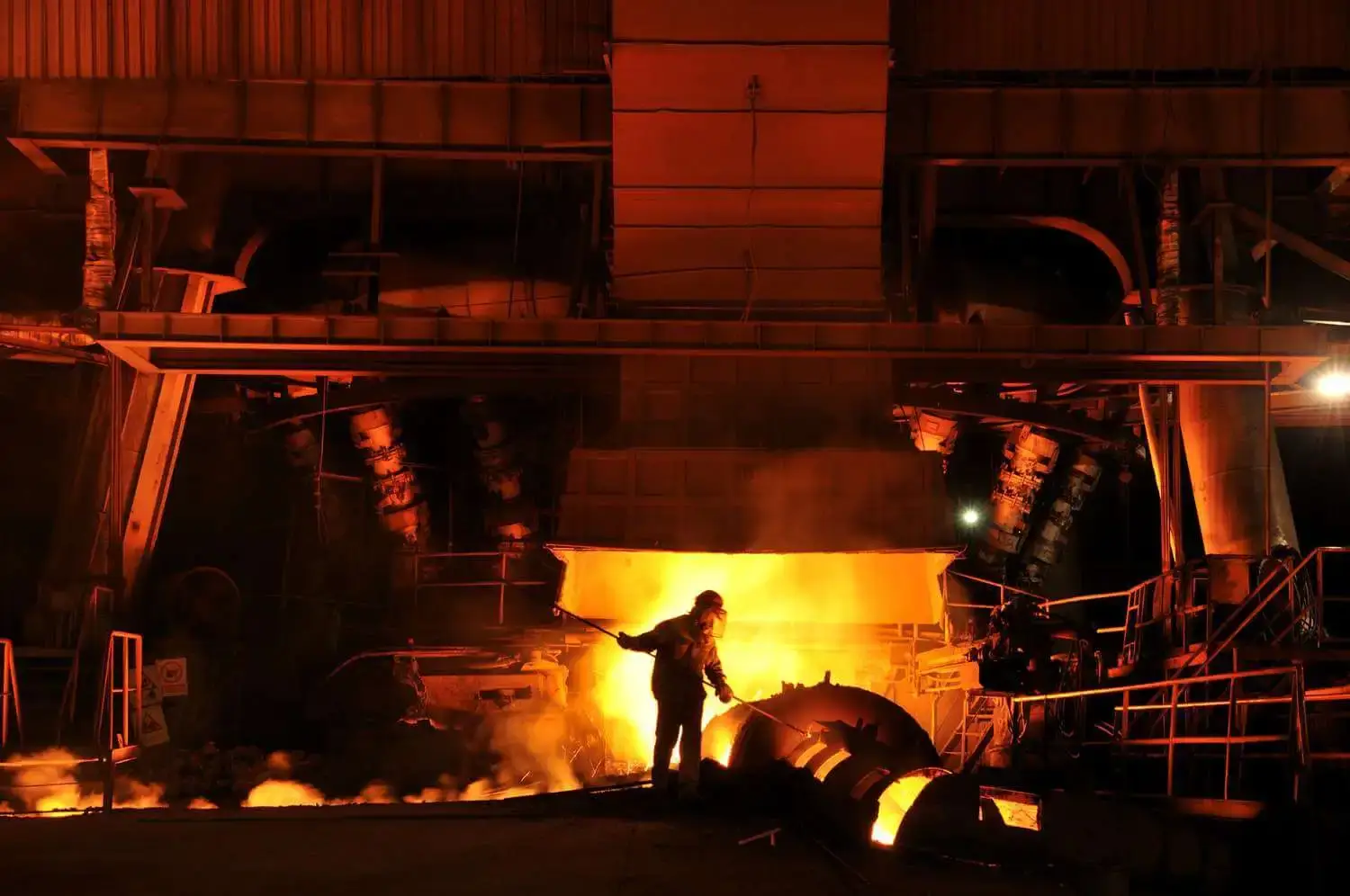Coke, originating from coal through carbonization, transcends its role as a fuel source to offer numerous practical applications in daily life. This article explores ten innovative uses of Coke beyond its conventional function. Often recognized for steel production and metallurgical processes, coke’s versatility extends far beyond industry.
Its stable combustion, high carbon content, and heat generation make it valuable in power generation, foundries, and home heating. Moreover, coke’s contributions to glass manufacturing, brick kilns, and environmental remediation underscore its adaptability. This comprehensive exploration aims to unveil the lesser-known facets of coke, showcasing its pivotal role in various aspects of daily life.
From industrial machinery power to household heating and environmental support, coke’s diverse applications demonstrate its significance across multiple fields. Join us in uncovering these ingenious uses, highlighting Coke’s extensive utility beyond its conventional perception as a primary fuel source.
10 Uses and Applications of Coke in Daily Life
- Metallurgical Processes
- Industrial Heating
- Power Generation
- Foundry Operations
- Domestic Heating
- Glass Manufacturing
- Brick Kilns
- Carbon Source in Chemical Processes
- Environmental Remediation
- Steel Production and Recycling
Metallurgical Processes
Coke serves as a vital component in metallurgical processes, particularly in the production of iron and steel. In blast furnaces, coke acts as both a fuel and a reducing agent, aiding in the extraction of iron from iron ore by reducing the iron oxide. Its high carbon content and low impurities make it an ideal fuel for this process, ensuring the production of high-quality steel.
Industrial Heating
Industries heavily rely on coke as a primary fuel for high-temperature heating processes. Its consistent heat output and low moisture content make it a reliable heat source in various applications, including kilns, furnaces, and boilers. The controlled combustion of coke generates high temperatures necessary for industrial operations across sectors like cement production, ceramics, and chemical manufacturing.
Power Generation
Coke’s combustion properties make it an efficient source of energy in power plants. Through boilers and steam turbines, coke contributes significantly to electricity generation. Its stable heat release and energy efficiency make it a favored choice in power generation processes, ensuring the reliable supply of electricity to communities.
Foundry Operations
In foundries, coke plays a pivotal role as a fuel and carbon source in the melting of metals. Its ability to generate high temperatures facilitates the melting of metals like copper, aluminum, and cast iron. This process is crucial in casting operations for creating various metal components used in industries ranging from automotive to construction.
Domestic Heating
The slow-burning nature of coke makes it suitable for home heating applications. It provides steady heat for extended periods, making it an efficient and reliable fuel source for heating stoves and fireplaces. Its consistent heat output makes it a preferred choice for domestic heating in regions with colder climates.
Glass Manufacturing
Coke plays a fundamental role in the glass manufacturing industry. It serves as a primary heat source in glass furnaces, aiding in melting raw materials such as silica sand, soda ash, and limestone to produce various glass products. The high temperatures generated by coke ensure efficient melting and shaping of glass.
Brick Kilns
Brick kilns rely on coke as a fuel source for firing the kiln. Its ability to produce and sustain high temperatures is essential in the brick manufacturing process. Coke’s combustion characteristics ensure the proper firing of bricks, contributing to their strength and durability, vital in construction.
Carbon Source in Chemical Processes
Coke acts as a crucial source of carbon in various chemical processes. In the production of chemicals like ammonia, methanol, and certain plastics, coke’s carbon content serves as a primary component. Chemical industries leverage coke’s properties to obtain carbon for diverse chemical reactions, contributing to the manufacturing of various industrial chemicals and products.
Environmental Remediation
Coke finds application in environmental remediation processes, especially in soil remediation. Due to its porous nature, coke aids in the removal of contaminants from soil and water. It serves as a medium for adsorption, absorbing impurities and pollutants, thereby aiding in environmental cleanup efforts.
Steel Production and Recycling
Beyond its role in primary steel production, coke plays a vital role in recycling steel. In the steelmaking process from scrap steel, coke acts as a reducing agent. It aids in separating oxygen from iron oxide in scrap steel, facilitating the production of new steel. This recycling process contributes to resource conservation and reduces the need for extracting virgin iron ore.
